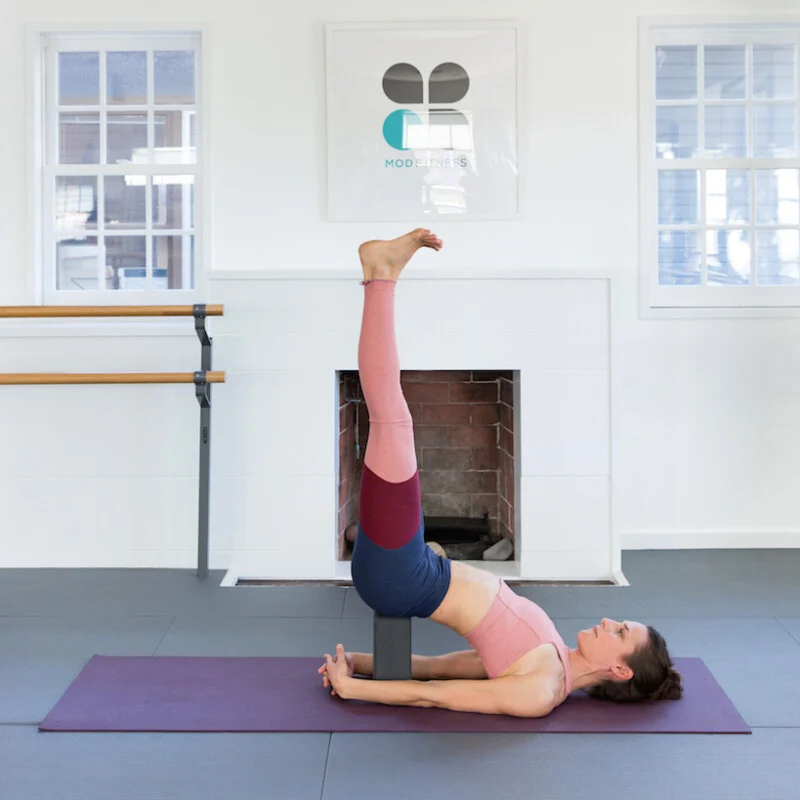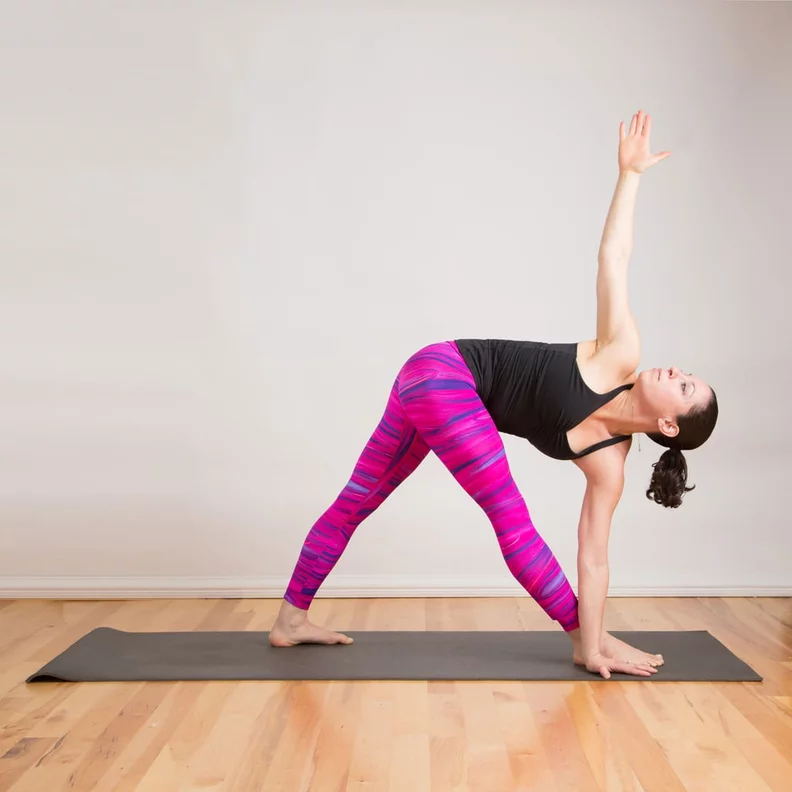I. Introduction
When it comes to practicing yoga, timing can make a significant difference in the overall experience and benefits. Whether you’re a seasoned yogi or just beginning your yoga journey, understanding the impact of different times of day on your practice can help you make the most of your time on the mat. In this blog post, we’ll explore the ideal timing for practicing yoga and the effects of different times of day on yoga practice.
II. Morning Yoga: A Fresh Start to the Day
There’s something truly special about starting your day with a yoga practice. Waking up the body and mind with sunrise yoga can set the tone for a productive and balanced day ahead. The quiet stillness of the early morning provides the perfect environment for turning inward.
A. Waking up the body and mind with sunrise yoga
The gentle, yet invigorating nature of morning yoga can help ease you into the day with a sense of calm and clarity. Starting your day with a few rounds of Sun Salutations can help to warm up your muscles, increase circulation, and set a positive intention for the day ahead. The soft light of the rising sun can also create a soothing ambiance for your practice, allowing you to appreciate the beauty of the present moment.
B. The benefits of morning yoga for energy and focus
Engaging in a morning yoga routine can help boost your energy levels and enhance your focus throughout the day. The physical movement and mindful breathing involved in yoga practice can awaken your body and mind, leaving you feeling refreshed and rejuvenated. Additionally, the release of endorphins during morning exercise can have a positive impact on your mood and overall mental wellbeing.
C. Tips for establishing a morning yoga routine
If you’re looking to incorporate morning yoga into your daily routine, it’s important to set yourself up for success. Start by choosing a specific time to practice each morning, and create a dedicated space for your yoga practice. Set out your yoga mat and any props you may need the night before, so you can easily roll out of bed and onto your mat in the morning. You can also consider setting an intention for your practice or incorporating elements of mindfulness, such as meditation or deep breathing exercises, to enhance your morning routine.
III. Afternoon Yoga: Rejuvenating Midday Breaks
Afternoon yoga can serve as a rejuvenating midday break, offering a chance to release stress, enhance productivity, and combat afternoon fatigue.
A. Incorporating yoga into the afternoon for stress relief
As the day progresses, stress and tension can accumulate in the body and mind. Taking a break to practice yoga in the afternoon can provide a much-needed opportunity to release built-up tension and find a sense of calm amidst the busyness of the day. The mindful movements and deep breathing involved in yoga can help alleviate stress and promote relaxation, allowing you to return to your tasks feeling refreshed and recharged.
B. Enhancing productivity and mental clarity through midday yoga
Incorporating a midday yoga practice can also have a positive impact on your productivity and mental clarity. The physical movement of yoga can help stimulate blood flow, promoting alertness and mental acuity. Additionally, taking a break to practice yoga can give your mind a chance to reset and refocus. It potentially leading to increased productivity and creativity in the afternoon.
C. Practicing yoga to combat afternoon fatigue
Afternoon fatigue is a common experience for many people, particularly after the post-lunch dip. A gentle yoga practice can be a restorative way to combat this midday slump. It offers a natural energy boost without the need for caffeine or other stimulants. Incorporating invigorating yoga poses, such as backbends or gentle flows, can help combat fatigue and leave you feeling revitalized and ready to tackle the remainder of your day.
IV. Evening Yoga: Unwinding and Relaxation
In the evening, yoga can serve as a means of unwinding and relaxation, offering a valuable opportunity to wind down and prepare for a restful night’s sleep.
A. Winding down with evening yoga for better sleep
The calming, meditative nature of evening yoga can help signal to your body that it’s time to wind down and prepare for rest. Engaging in a slower, more gentle yoga practice in the evening can help soothe both the body and mind, creating an ideal environment for a peaceful night’s sleep. Incorporating restorative yoga poses and gentle stretching can also help release any lingering tension from the day, promoting relaxation and comfort as you prepare for bed.
B. Easing tension and stress with post-work yoga sessions
Many people experience heightened levels of tension and stress after a long day at work. Post-work yoga sessions can provide a valuable opportunity to release this accumulated stress, allowing you to transition into your evening with a greater sense of ease and relaxation. By focusing on deep, mindful breathwork and gentle movements, evening yoga can serve as a powerful tool for releasing physical and mental tension, creating space for peace and tranquility.
C. The calming effects of yoga on the mind and body in the evening
In addition to its physical benefits, practicing yoga in the evening can have a profound impact on your mental wellbeing. The meditative aspect of yoga can help quiet the mind and promote a sense of inner calm, creating space for reflection and introspection.
V. Nighttime Yoga: Connecting with Relaxation
Nighttime yoga offers a powerful opportunity to wind down before bed. It promotes deep and restorative sleep, and incorporate relaxation into bedtime routines.
A. Gentle yoga practices for winding down before bed
As the day comes to a close, it’s essential to carve out time for rest and relaxation. Gentle yoga practices before bed can help signal to your body and mind that it’s time to unwind and prepare for sleep. Incorporating calming, restorative yoga poses, such as forward folds, gentle twists, and supportive poses with props, can help release tension from the body and create a sense of tranquility. Focusing on deep, mindful breathing during nighttime yoga can further promote relaxation.
B. The role of yoga in promoting deep and restorative sleep
Quality sleep is crucial for overall health and wellbeing, and nighttime yoga can play a significant role in promoting deep and restorative sleep. By engaging in a soothing yoga practice before bed, you can help quiet the mind, release physical tension, and create a conducive environment for falling asleep and staying asleep throughout the night. The deliberate, mindful movements of yoga can also help regulate the nervous system.
C. Incorporating yoga into bedtime routines for relaxation
Incorporating yoga into your bedtime routine can help establish a sense of ritual and relaxation as you prepare for sleep. Creating a dedicated space for your nighttime yoga practice, dimming the lights, and setting the stage for tranquility can signal to your body and mind that it’s time to wind down. Additionally, you can pair your yoga practice with other calming activities, such as gentle stretches, meditation, or soothing music, to create a comprehensive bedtime routine that promotes relaxation and prepares you for a restful night’s sleep.
In conclusion, practicing yoga in the morning can offer a myriad of benefits for both your physical and mental wellbeing. From waking up the body and mind with sunrise yoga to reaping the rewards of increased energy and focus throughout the day, establishing a morning yoga routine can help set a positive tone for your day. So, why not set your alarm a few minutes earlier tomorrow and greet the day with a rejuvenating yoga practice? You may just find that it becomes your favorite part of the day.



